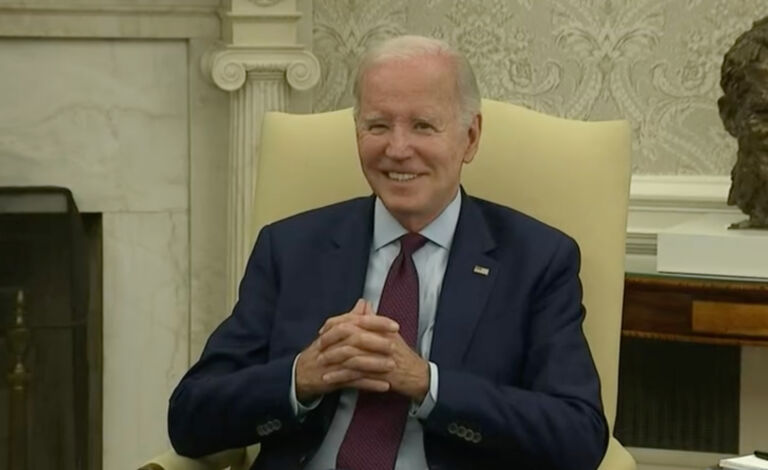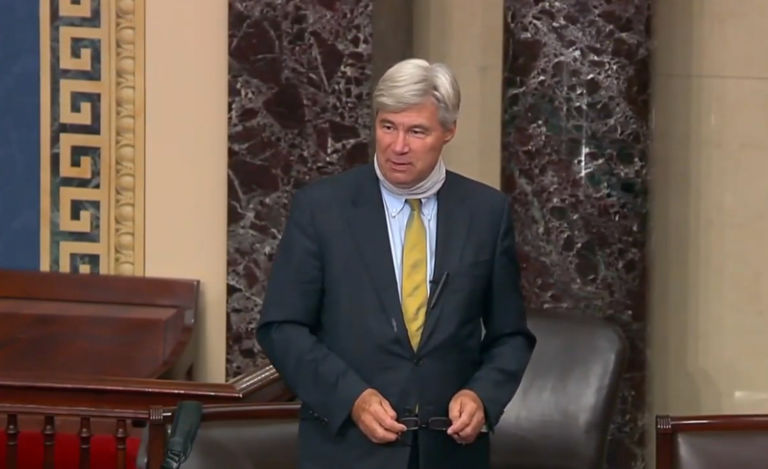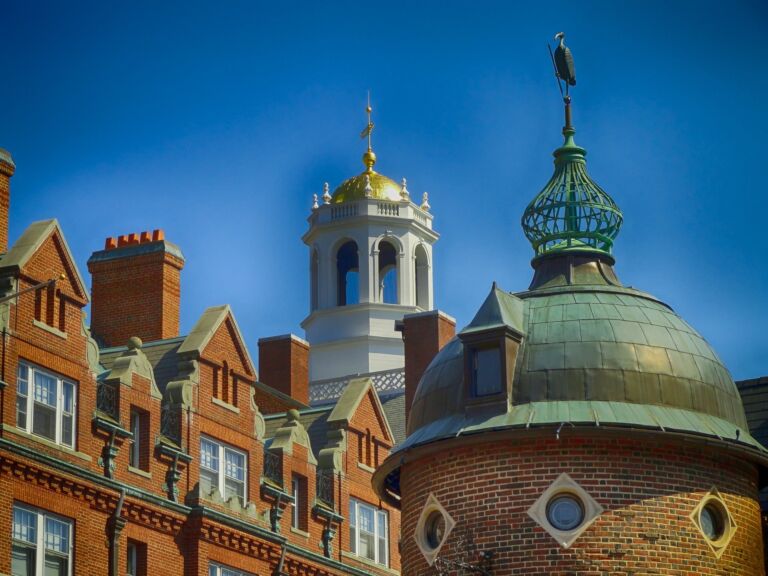In the letter below, Professor Don Boudreaux responds to a book in which the author repeats the trope about the Irish potato famine being due to laissez-faire economic policies.
I have often said that if you dig down into almost any socio-economic problem, you find government interference with freedom at its root. This is another such case.
As explained by historian Stephen Davies, Protestants, after defeating James II in 1690, subjected Irish Catholics to harsh restrictions on land ownership and leasing. Most of Ireland’s people were thus forced to farm plots of land that were inefficiently small and on which they had no incentives to make long-term improvements.
As a consequence, Irish agricultural productivity stagnated and, in turn, the high-yield, highly nutritious and labor-intensive potato became the dominant crop. In combination with interventions that obstructed Catholics from engaging in modern commercial activities—interventions that kept large numbers of Irish practicing subsistence agriculture well into the 19th century—this overdependence on the potato spelled doom when in 1845 that crop became infected with the fungus Phytophthora infestans.
To make matters worse, Britain’s high-tariff “corn laws” discouraged the importation of grains that would have lessened the starvation.
Indeed, one of Britain’s most famous moves toward laissez-faire—the 1846 repeal of the corn laws—was partly a response to the famine in Ireland.
Had laissez-faire in fact reigned in Ireland in the mid-19th century, the potato famine almost certainly would never have happened.
Prof. Donald J. Boudreaux
George Mason University


